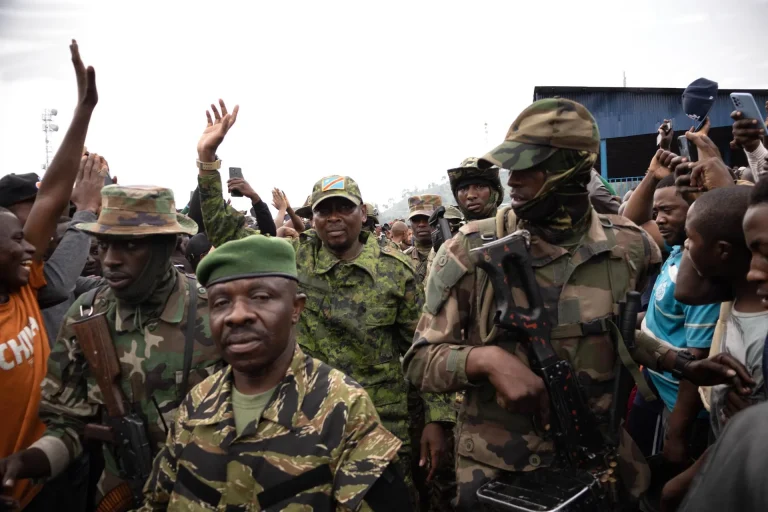Eastern DRC Under M23: Between Taxation and Economic Paralysis
Editorial: Reda El Ghazal
In the regions of the eastern Democratic Republic of Congo controlled by the M23 movement, the population faces a complex economic reality. Banks remain closed, cash is scarce, and new taxes imposed by local administrators are burdening traders and households. Mining activities, particularly coltan extraction, generate substantial revenue for the group through levies that can reach up to 15% of the minerals’ value.
Despite attempts at normalization, challenges persist. Mobile money transfers have become costly, and businesses struggle with the choice of paying local taxes or risking international sanctions. Residents, caught in the middle, describe increasing fiscal pressure, while authorities in Kinshasa refuse to reopen banks, accusing M23 of deliberately paralyzing the economy.
The situation illustrates a broader dilemma: without financial stability, no administration can function sustainably. As international negotiations intensify, the population awaits concrete solutions to revive trade and escape precarity. Economic factors may well determine the region’s political future.
-

Nigeria LNG Signs 20-Year Gas Supply Deals to Secure Expansion and Strengthen Global Market Role
Edited By: Safae FathiNigeria LNG Ltd has signed 20-year gas supply agreements with NNPC Ltd and several oil companies to... Economy -

Kenya Seeks Yuan Conversion for $5 Billion Rail Loan Amid Debt Management Push
Edited by: Safae FathiKenya is negotiating with China to convert a dollar-denominated loan for its high-speed railway project into Chinese... Economy -

South Africa Pursues Global Trade Partnerships as U.S. Tariffs Threaten Economy
Edited By: Tendai ZolaSouth African economists and officials are calling for enhanced global cooperation as the country grapples with the... Economy -

Uganda Launches First Large-Scale Gold Mine to Boost Mining Sector and Exports
Edited By: Fatomatou konèUganda inaugurated its first large-scale gold mine, a $250 million Chinese-owned project in the eastern Busia district,... Economy -

Zimbabwe: Lithium Fever, Promise or Peril ?
Edited By: Fatomatou konèAcross Zimbabwe’s mineral-rich landscapes, a new rush is under way. Bulldozers roar where maize once grew, and... Economy -

South Africa court halts TotalEnergies offshore drilling project
Edited By: Omar Kadir THE South African High Court has overturned government approval for a major offshore oil drilling project by... Economy

 Follow the latest news on WhatsApp
Follow the latest news on WhatsApp  Follow the latest news on Telegram
Follow the latest news on Telegram  Follow the latest news on Google News
Follow the latest news on Google News  Follow the latest news on Nabd
Follow the latest news on Nabd 


















